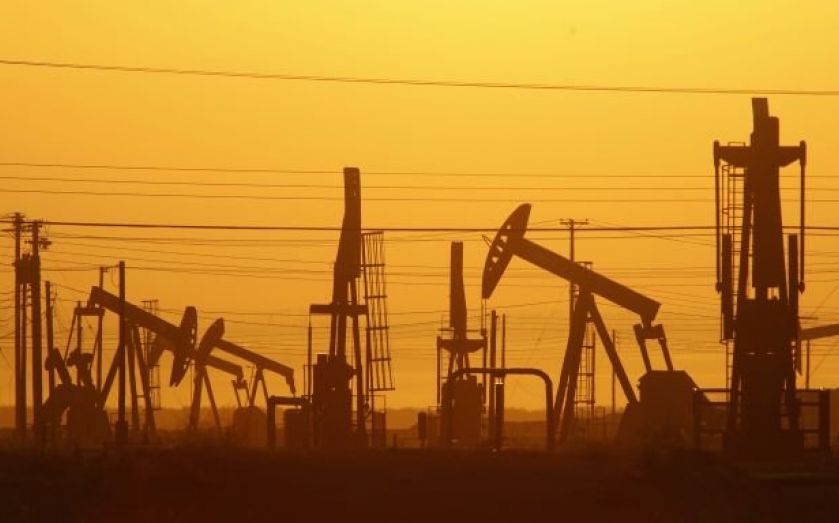Oil price drop: How does it affect Russia, Saudi Arabia, Venezuela, the US, the UK and the Eurozone?

1. Russia
Verdict: Loser
2. Saudi Arabia
Verdict: TBC, but looks good so far
Saudi Arabia's Minister of Petroleum and Mineral Resources Ali Ibrahim Naimi (Source: Getty)
3. Venezuela
Verdict: Loser
4. The US
Verdict: Short term winner, but the longer it continues, the worse off it could be

Fracking in California (Source: Getty)
5. The UK
Verdict: Winning, for now

Cheap oil = shopping! (Source: Getty)
6. The Eurozone
Verdict: Tipping towards being a loser
7. China
China is the world's largest importer of oil. It apparently gets through 10 million barrels a day, of which 60 per cent is imported. As such it could provide a huge win for its economy – this article suggests it could boost GDP by as much as 1.5 per cent. It could also help encourage the country's natural gas development, "providing a major leg up for China’s ambitions to move away from coal and toward a cleaner-burning source of energy".
